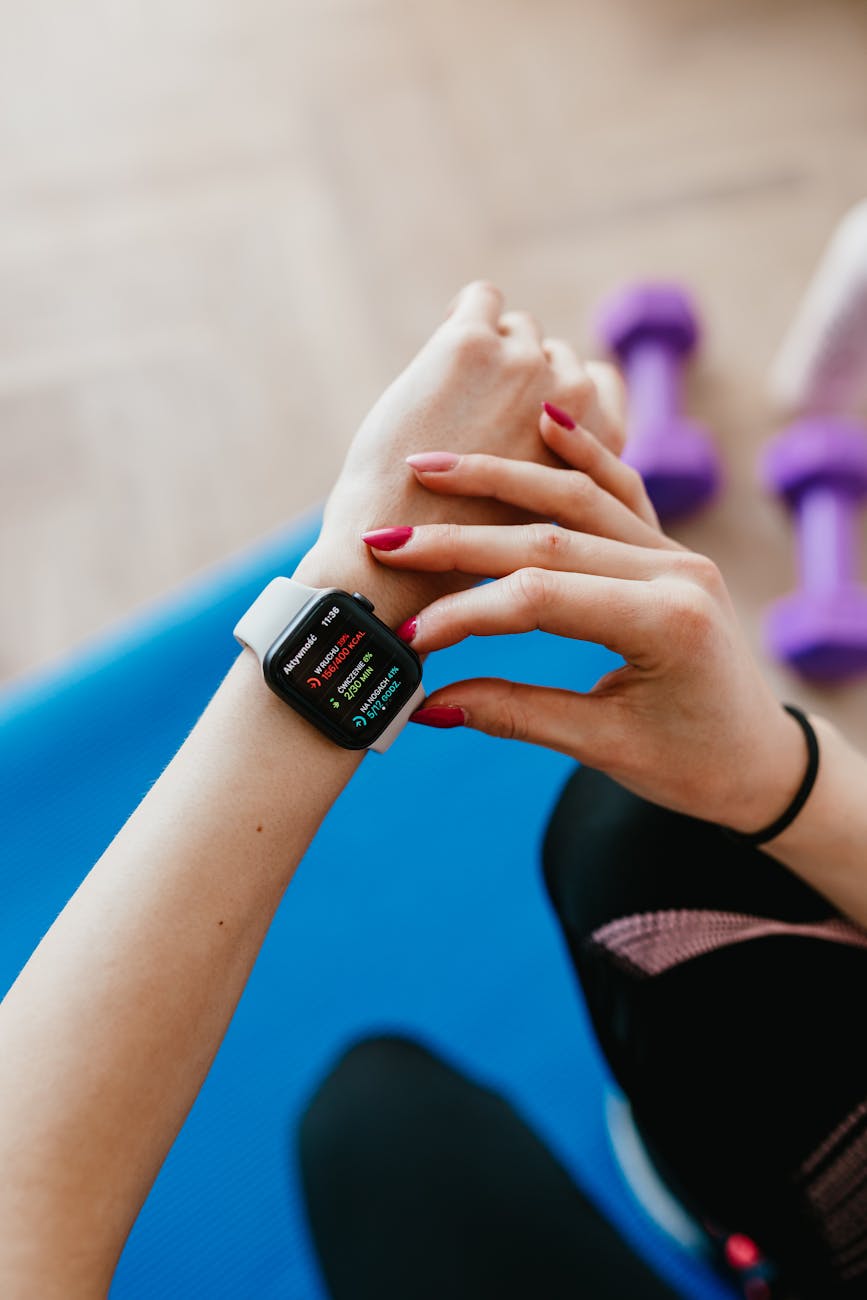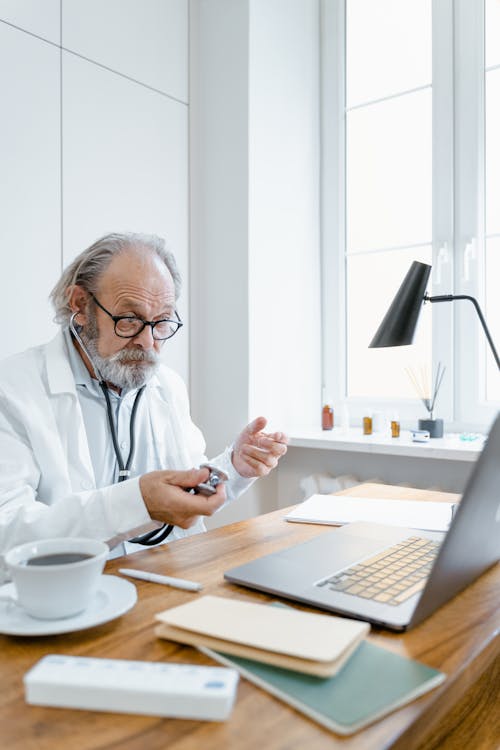Public Health Management – Using Mobile Technologies for Better Monitoring
4 Steps to Take for a Successful Mobile App Development
February 16, 2022The Use of Frameworks and Plugins in Web Development
March 2, 2022Mobile apps have helped rapid development in commerce. How can it help in public health management?
The COVID-19 enigma and impact continue to plague the world despite some countries on the road to recovery due to the emergence of new variants. Along with the new uncertainties it has created, it also gave rise to concerns over personal health and safety which have spilled into the IT industry particularly in Android app development in Singapore and the rest of the world.
Old Diseases, New Paranoia
Even before the pandemic, the World Health Organization reported that stroke, chronic pulmonary diseases, respiratory infections, neonatal conditions, cancer, Alzheimer’s Disease, diabetes, diarrhea and kidney ailments account for 55% of the 55.4 million deaths worldwide in 2019. This means that cardiovascular, respiratory, and birth complications have always been prevalent risks.
In addition to these, the pandemic highlighted the risks of communicable diseases and woke the world to the dangers of viral contagion. Aside from introducing a new kind of health risk, the COVID-19 pandemic also resulted in a massive increase of individuals who needed health care and the increase of incoming patients overwhelmed many hospitals worldwide.
Among the public, the fear of contracting COVID-19 and the risk of not being able to get appropriate and timely medical care even for non-COVID-related illnesses created a modern health paranoia. As a result, mobile technology solutions became the primary recourse to address the physical limitations and restrictions of the pandemic. Android app development was at the frontline of this new struggle, given how popular the mobile OS is among users. Numerous mobile applications were introduced to cater to the different needs of people – from health and travel to information dissemination and many more.
![]()
Escalating Demand for Better Technological Health Care Solutions
The public, weary of getting diseases, brought about the tremendous rise of demand for healthcare technology. For instance, there is evidence that shows increased use of health tools and apps to monitor and address mental health stress during the pandemic (Sorin, et.al., 2021). New variants of COVID-19 are emerging despite vaccinations being rolled out across the world, and cooperation between the scientific and medical communities is producing innovations to combat the spread of these new variants.
Similarly, there was an evident acceleration of technology adoption and adaptation due to the Coronavirus outbreak and subsequent lockdown with the global healthcare information technologies market now projected to grow from 224.5 billion USD by over 15% between 2021 and 2027. The same was true for mobile technology.

Mobile Healthcare Technology
Mobile is the new normal for most people nowadays, and the medical sector is no exception. Healthcare delivery, bolstered further by the pandemic, is now radically shifting from traditional customer relations to the use of mobile health apps, wearable technologies and artificial intelligence that allow individuals to monitor themselves and for healthcare providers to remotely monitor their patients. In Android mobile app development, chatbots have become the trend for some health institutions which lightened the workload for medical staff such as consulting doctors, as it made consultations easier and possible from any location and time.
Mobile technology innovations like telemedicine allowed greater access to medical services without needing to go to doctors and despite eased mobility restrictions. This has not only bridged physical distances but made healthcare more accessible and affordable to every patient, especially for low-income individuals and marginal sectors.
Innovations in other branches of technology were also crucial in growing the healthcare sector’s capabilities. Blockchain technology and cloud storage which improve the management of large data can generate analytics that makes it possible to predict patients’ health conditions, secure patient data, manage medical supply chains, and more. Numerous applications have also been utilised as a tool for surveillance and risk management to monitor and regulate the possibility of yet another public outbreak.

Current Opportunities, New Challenges
With continued constraints in physical travel and interactions, applications for monitoring sickness symptoms, curbing infections, and other health surveillance have risen in demand and utility. This called for even the average Android app developer in Singapore and elsewhere to be up to the task and make improvements to existing apps or create new and better ones.
But impending challenges remain as the world continues to grapple with emerging health and medical problems due to emerging new Covid variants. What’s sure is that mobile technology innovation will remain an important factor in managing the future. With this, mobile application development, particularly in using the Android OS, will remain an essential industry towards finding creative solutions to present and impending health problems.
As the efforts to curb COVID-19 intensify, healthcare providers will probably want to search for a competitive Android developer to help them bring healthcare to the masses. If you’re looking for an agency with Android development talents, Frontline Mobile Pte. Ltd., a Singapore-based IT outsourcing and mobile development agency is your best bet. Talk to the Frontline team about your project and requirements so we can get started. Visit our website at https://www.frontline.com.sg/.
- Common IT Outsourcing Mistakes to Avoid - September 5, 2023
- ERP System: A Revolutionary Innovation in Business Planning - July 5, 2022
- Common Misconceptions about Software Quality Assurance - May 13, 2022